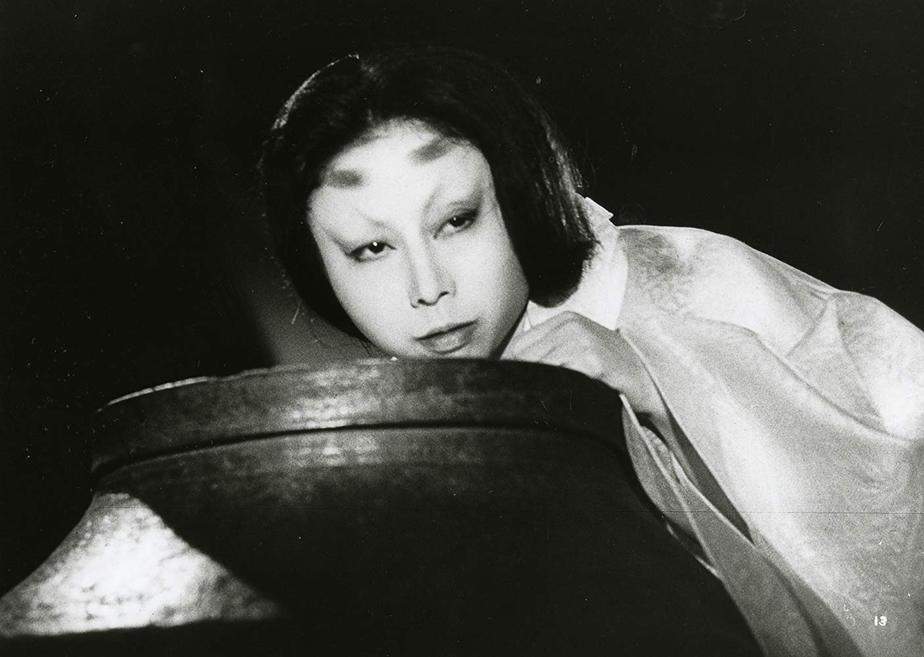Long before “Minari”, Isaac Chung had directed four feature movies, with “Abigail Harm” being his most experimental, in a style that has almost nothing to do with the award winning 2020 title, as it unfolds like a type of urban fairy tale, inspired by the ancient Korean folktale “The Woodcutter and the Nymph”.
“Abigail Harm” is screening at Hong Kong Arts Centre, as part of Cries and Whispers: Film Retrospective of Lee Isaac Chung

The titular woman has a rather unusual profession, as she reads to blind people, including a rather cheeky older man who only wants to hear the dirty parts, played by “Rocky”''s Paulie, Burt Young, in a fictionalized New York. One day, a stranger appears in her apartment, played by “Minari”'s Will Paton, direly wounded and asking for help. To thank her for her care, he narrates a story about a creature who comes to Earth and loses his powers when he removes his robe. Abigail, in an effort to make his story true, enters a decrepit building, where she stumbles upon a naked Asian man taking a bath. She proceeds on taking care of him, eventually bringing her to her apartment, and a rather unusual relationship begins, although the man does not seem to have any kind of communication skills.
The narrative of the movie can only be justified through a fairy tale prism, which Lee Isaac Chung actually plays with, as the narration by Paton and the whole demeanor of the two protagonists suggests. The detachment from reality actually works in favor of the movie, allowing Chung, who also functions as DP, to present a series of very intriguing images, both in the dreamy apartments Abigail visits and in the rundown building she meets the young man that changes her life.

The second interesting aspect comes from the way the relationship unfolds, with Abigail eventually opening up to the young man about her father and the way he shaped her life, but also due to his overall attitude, which actually mirrors that of a kind of domesticated animal, at least to the point when he starts to talk. In that regard,'s performance is quite fitting, in resonance with the outwordliness of the whole story, while the bloody scene, which functions as the dichotomy for his transformation, is actually the most memorable in the movie. However, the movie's most major attraction is Amanda Plummer's performance in the titular role, with her portraying a rather multileveled character with gusto, essentially anchoring the movie from beginning to end.
At the same time, though, there is a certain detachment one feels to the story, to the point that it makes it very difficult to feel any kind of empathy for the characters or their lives, even in the scene where Abigail opens up. The proceedings, and particularly the ending with its back and forths also seem to make very little sense, while the few realistic scenes, such as the walk in the city, appear disconnected from the rest of the narrative.
Perhaps if one had read the original story before, the movie would make more sense as an adaptation, but essentially, the only thing that is truly worth here is the decaying beauty of the building the two protagonists meet and Plummer's performance. Ergo, “ Abigail Harm” serves mostly as a testament of how much Lee Isaac Chung progressed as a filmmaker in “Minari” than anything else.














